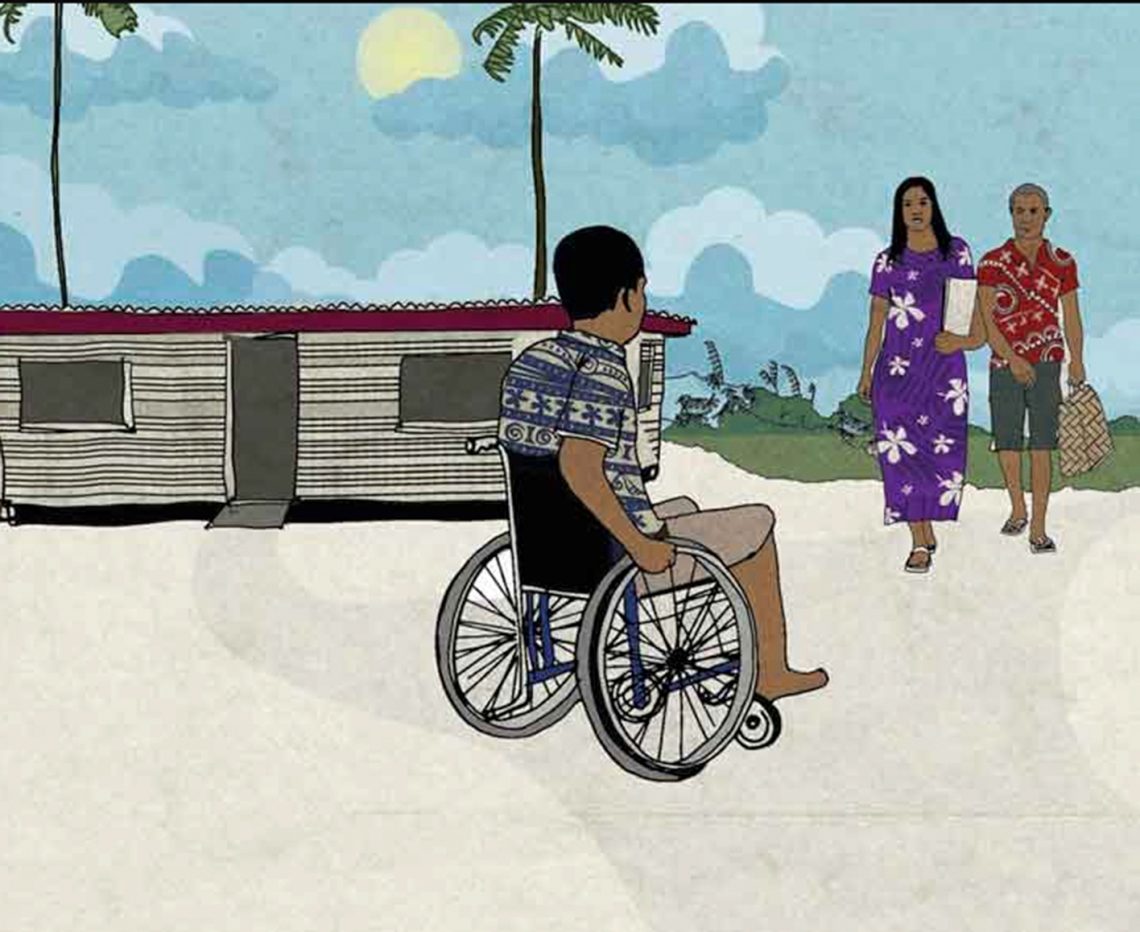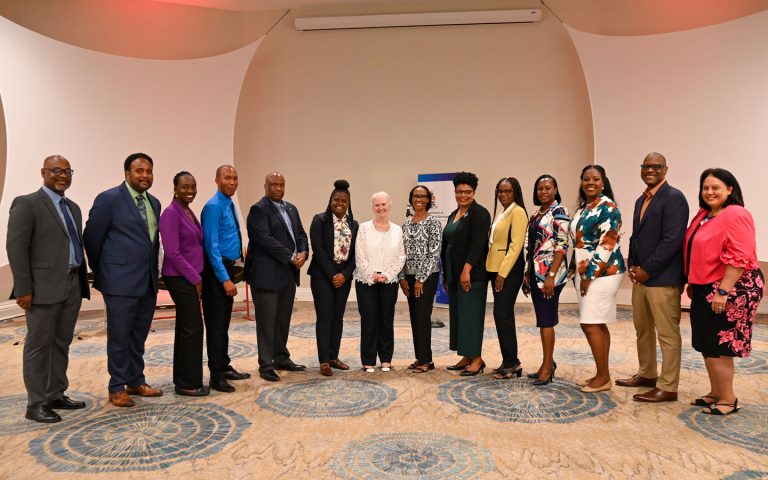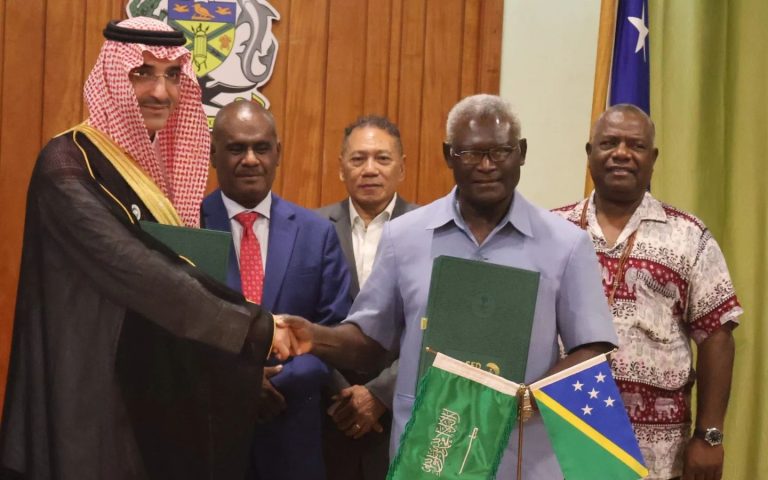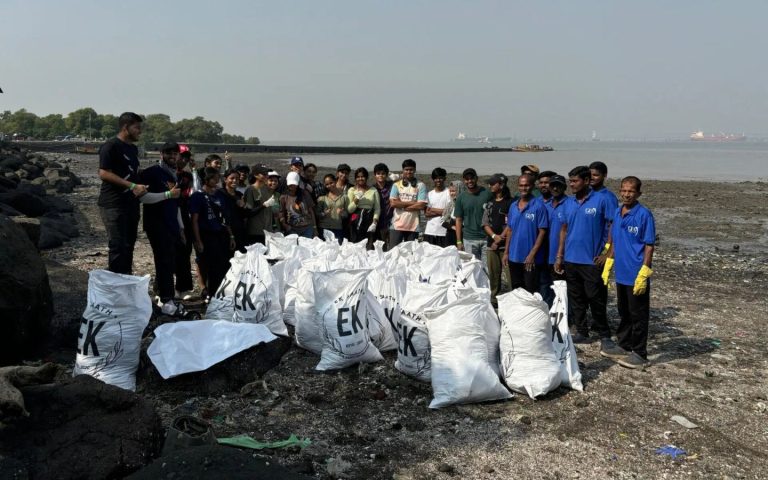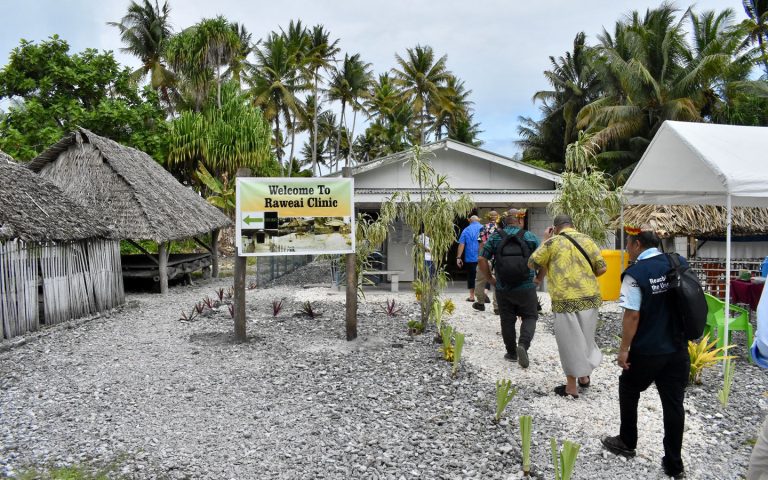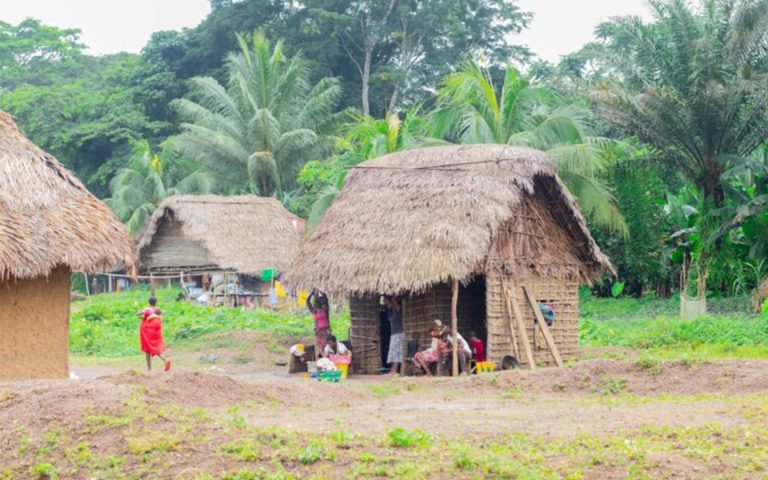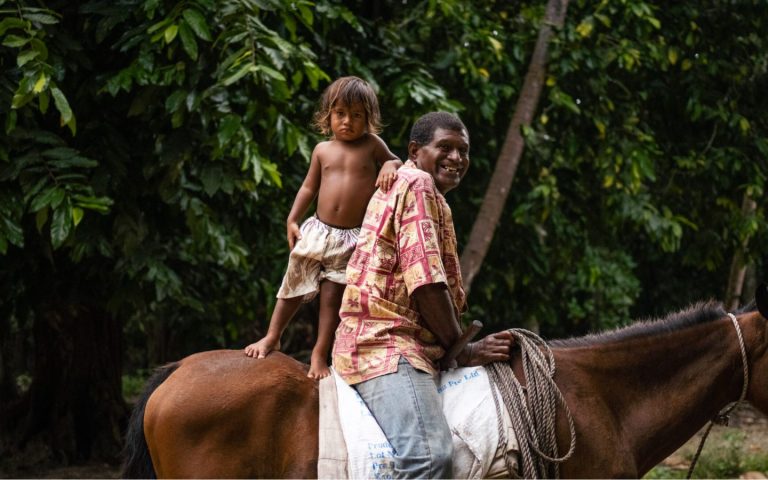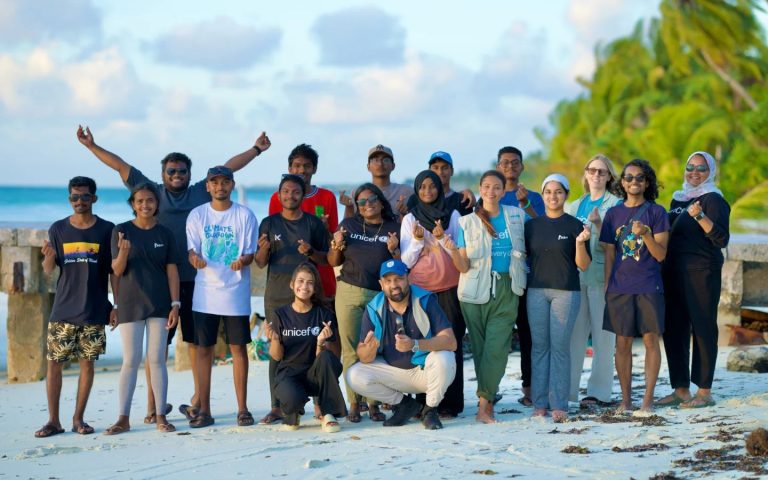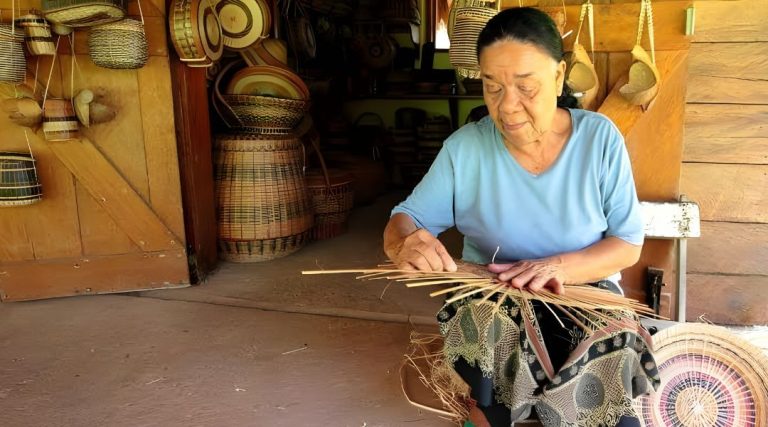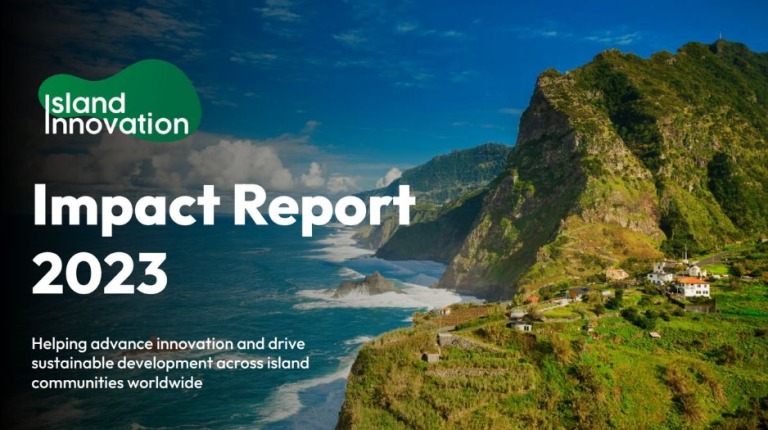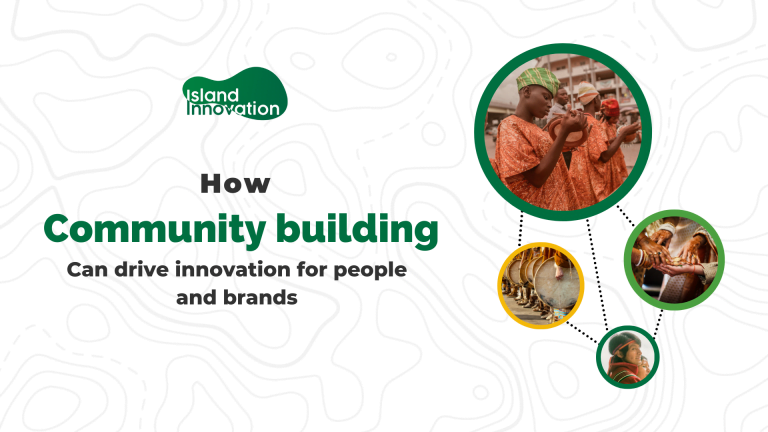Image Credit: Pacific Disability Forum. Retrieved from devpolicy.org
Excerpt from devpolicy.org
Recent years have seen growing attention paid to how social protection systems can better support the inclusion of persons with disabilities. The United Nations Convention on the Rights of Persons with Disabilities (adopted in 2006) marked a turning point in this respect, by underscoring the importance of social protection systems for supporting the participation of persons with disabilities in society. This has been followed by an extensive and growing body of research and dialogue exploring what this means in practice.
A key insight is that in order to support participation, social protection systems need to address the significant extra costs faced by persons with disabilities. This involves a shift away from the false assumption that disability is equated with incapacity to work, but rather that – with the right support and an inclusive environment – most persons with disabilities would be able to engage in the labour market.
In this context, social protection policy developments in the Pacific are of significant interest. As discussed in a recent report developed by Partnerships for Social Protection (P4SP, an Australian government initiative) the region has seen a wave of countries introducing disability benefits, with seven countries introducing schemes since 2005 (many only very recently) (Figure 1). This has been part of a broader shift towards investments in tax-financed social protection, but also linked to efforts of countries to put into action their ratification of the Convention on the Rights of Persons with Disabilities.

